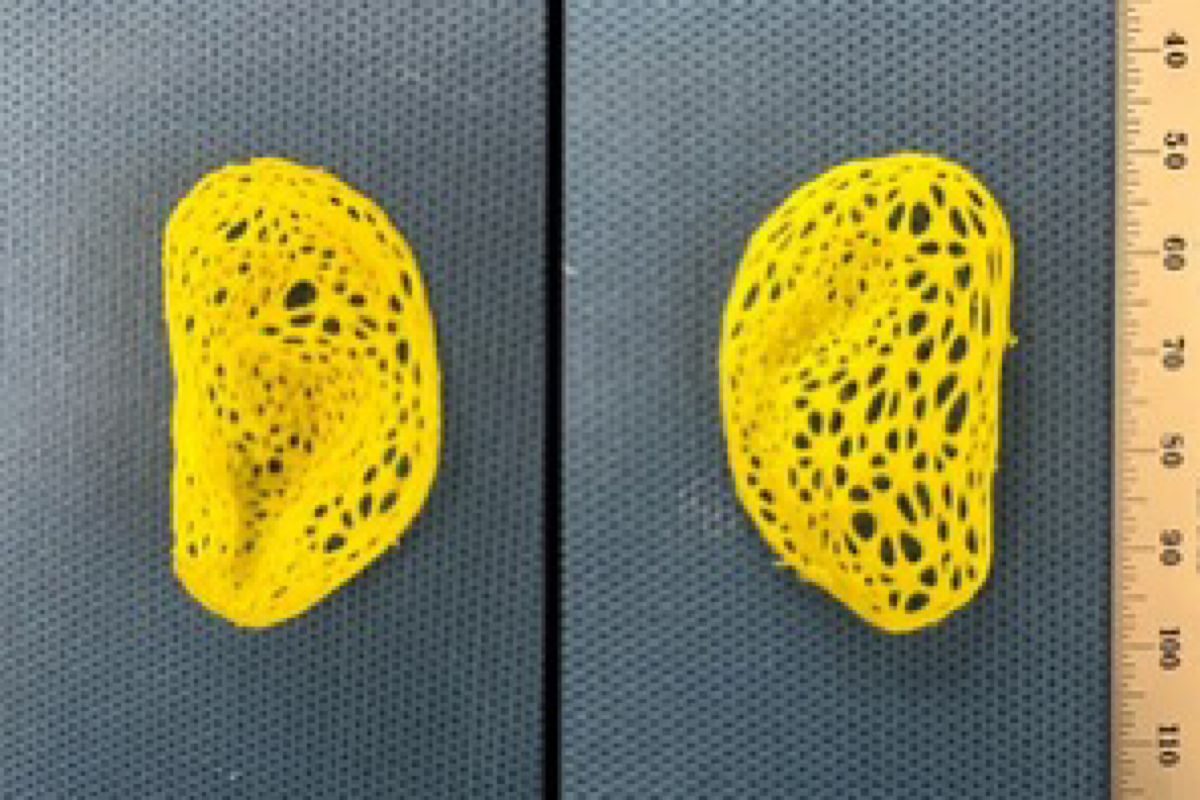Uncharted Warming
The earth has just witnessed its hottest January on record, defying expectations and leaving climate scientists scrambling for answers.
Researchers on Saturday said they have assembled a replica of an adult human ear that looks and feels natural, using state-of-the-art tissue engineering techniques and a 3D printer.

Scientists create replica of an adult human ear that looks & feels natural
Researchers on Saturday said they have assembled a replica of an adult human ear that looks and feels natural, using state-of-the-art tissue engineering techniques and a 3D printer.
Currently, several surgeons build a replacement ear using cartilage removed from a child’s ribs, an operation that can be painful and scarring.
Advertisement
The resulting graft can be crafted to resemble the recipient’s other ear, it generally does not have the same flexibility.
Advertisement
Now, researchers at Weill Cornell Medicine and Cornell Engineering in the US produced grafts that offer “well-defined anatomy and the correct biomechanical properties for those who are born with a congenital malformation or who lose an ear later in life”.
Ear reconstruction requires multiple surgeries and an incredible amount of artistry and finesse.
“This new technology may eventually provide an option that feels real for thousands needing surgery to correct outer ear deformities,” said Dr. Jason Spector, chief of the Division of Plastic and Reconstructive Surgery at NewYork-Presbyterian/Weill Cornell Medical Centre.
According to the study published in the journal Acta Biomaterialia, Dr Spector and his team used sterilised animal-derived cartilage treated to remove anything that could trigger immune rejection.
Over the next three to six months, the structure developed into cartilage containing tissue that closely replicated the ear’s anatomical features.
However, the engineered material was not as strong as natural cartilage and could tear.
To remedy this issue, Dr Spector plans to add “chondrocytes” to the mix.
“Those cells would lay down the elastic proteins that make ear cartilage so robust, producing a graft that would be biomechanically much more similar to the native ear,” he said.
Advertisement